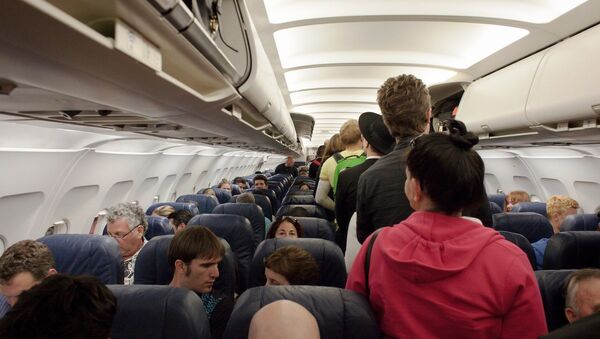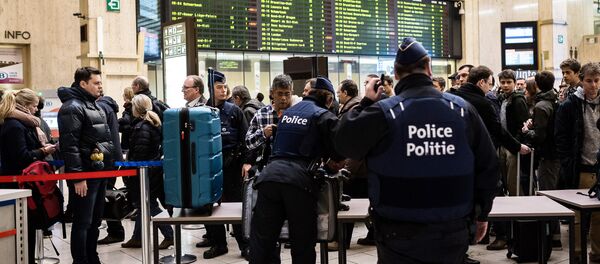Many MEPs speaking in Wednesday's debate said they were convinced that the proposed EU law on the use of PNR will be a useful tool in the fight against terrorism and serious crime, but others voiced serious concerns about the adequacy of privacy safeguards and the proportionality of massive collection of data.
#EPlenary approved today new data protection rules. Find out what this means https://t.co/jvw7OBlF8N #EUdataP pic.twitter.com/rLs7H9CYRw
— European Parliament (@Europarl_EN) April 14, 2016
The controversial mass data collection has brought criticism from civil rights groups who say the mass collection of data is a breach of the right to privacy and will not, in any case stop terrorism. The PNR data handed over by the airlines will be retained for five years. For the first six months, the data will be "unmasked" to include personal identifying information, after which the data will then have to be "masked out" for the remaining four and a half years.
The European Parliament approves the controversial Passenger Name Record (#EUPNR) 461 votes to 179 @SBSNews pic.twitter.com/DNkyifSVUU
— Brett Mason (@BrettMasonNews) April 14, 2016
The PNR legislation was due to go to a final vote in the European Parliament in March, but the motion was delayed after the Socialists & Democrats, the Liberals & Democrats, the European United Left, the Greens, the Freedom and Direct Democracy and the Europe of Nations & Freedom ENF groups, all voted against.
See you at the Court of Justice on #EUPNR #PNR. This mass surveillance Directive won't survive. pic.twitter.com/tesz45ZkjR
— Ralf Bendrath (@bendrath) April 14, 2016
"It's been five years in the making with many setbacks and much negotiation PNR will provide us with a vital way of detecting foreign fighters, drug traffickers and serious criminals. The patterns of behavior that can be picked up from PNR data have proven invaluable in the UK where a national PNR system is in place," said British Conservative MEP Timothy Kirkhope, the EP rapporteur on the proposal.
Terror Attacks
France pushed for the introduction of Passenger Name Records (PNR) following the November 13, 2015 attacks in Paris, which killed 130 and injured hundreds more. PNR would allow for the collection and retention, for a period of time, of all data associated with air travelers in the EU. However — despite having the backing of EU Civil Liberties, Justice and Home Affairs Committee — the proposal has stalled in the European Parliament over privacy and human rights fears.
Following the attacks in Brussels, French President François Hollande called an emergency meeting with Prime Minister Manuel Valls and the Ministers of Interior and Defense, Bernard Cazeneuve and Jean-Yves Le Drian. Valls said afterwards: "We are at war" and called for the rapid introduction of the PNR scheme as a counterterrorism measure for Europe. A similar system was adopted in the US following 9/11.
However, the European Data Protection Supervisor Giovanni Buttarelli in December 2105, warned that: "The complex challenges this poses for law enforcement agencies, must not be an excuse for the disproportionate processing of personal data."



